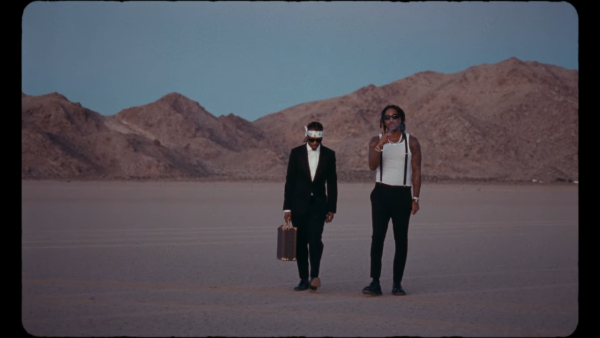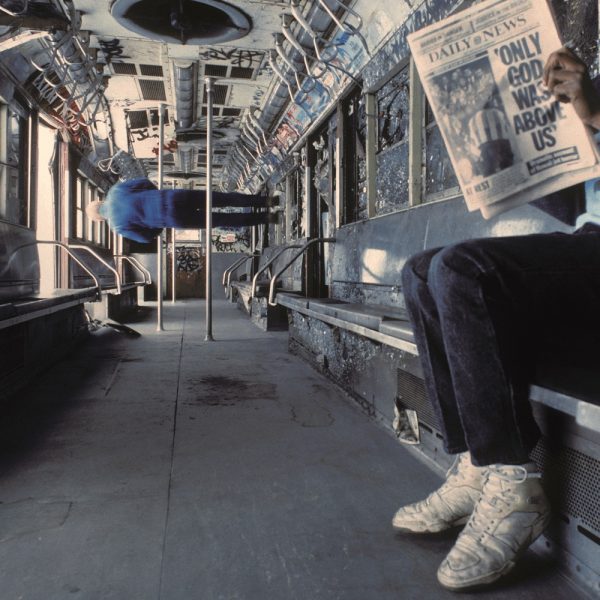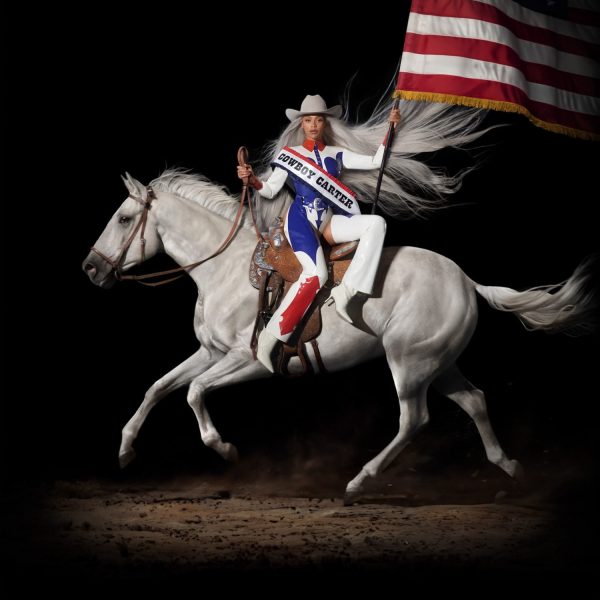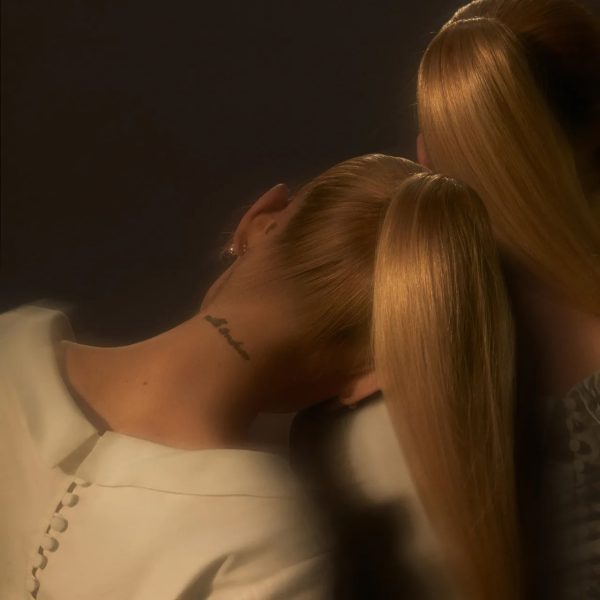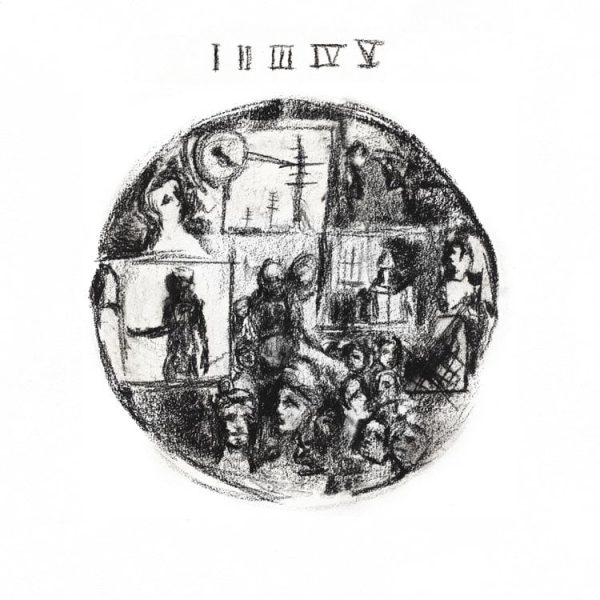First Democratic Debate: Sanders v. Clinton
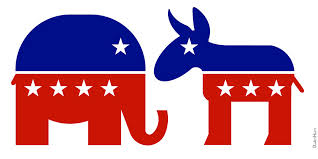
On Oct. 13, 2015, the five Democratic presidential candidates met in Las Vegas for the first of a series of six primary debates.
Moderated by CNN’s Anderson Cooper, the debate essentially was a power play between Democratic frontrunners Hillary Clinton and Bernie Sanders, who controlled every facet of the debate. Not only was the crowd in their favor, but also the bulk of the questions were aimed more toward them, than the rest of the candidates. Clinton and Sanders spoke for roughly 59 minutes—almost half of the almost 2 hour debate, with the other 3 candidates taking up the other half.
Speaking for 31:05 was Hillary Clinton, former first lady, Senator from New York, and Secretary of State, who is currently leading in the polls. Throughout the debate, Clinton emphasized her support of populist issues and reiterated the fact that, if elected, she would be the first woman president. Throughout the debate, she spoke relatively unhindered, although occasionally Anderson Cooper would make a halfhearted attempt to stop her.
Next, speaking for 28:05 was Bernie Sanders, a socialist, who is currently a Senator from Vermont. Sanders contested the United States should look to Denmark and the Scandinavian countries, where he believes Democratic-Socialism is successfully creating income equality and a model which he feels this country should adopt to solve its woes.
In his opening speech, Sanders stated his platform: the campaign finance system is corrupt and is undermining American democracy; it is the moral responsibility of humans to leave the Earth as a habitable planet for their children and grandchildren; instead of money for prisons, the United States should put money into jobs and children.
Similarly, in her introductory speech, Clinton highlighted the key points of her populist platform: the wealthy must pay their fair share; the United States should give paid family leave to “join the rest of the world”; the need to, but did not explain how she would, bring the country together; heal all divides, whether they’re racial or sexual orientation, etc. Clinton also stated that after her election, “fathers can tell their daughters, ‘yes, you, too, can be president.’”
The first question of the debate was directed to Clinton: “Have you changed your positions for political expediency?” To which Clinton averred she has maintained consistency and that her positions may change only because she absorbs new information. She has a range of views, she claims, which are rooted in her values and experience. She stated, “I’m a progressive. But I’m a progressive who likes to get things done. And I know how to find common ground. And I know how to stand my ground.”
Later on in the debate, when Clinton was asked about her e-mail and Benghazigate scandals, she insisted the Select Committee on the matter is purely an arm of the Republican National Committee trying to drive down her poll numbers. The crowd cheered. Then Sanders joined in, saying, “I think the American people are tired of hearing about your damned e-mails.” The crowd cheered. Clinton replied, “Me too,” laughing with great confidence. Laughter broke out in the crowd and was immediately followed with great cheers. Sanders continued, “The American people want to know if we’re going to have a democracy or an oligarchy, because of Citizens United. Enough of the e-mails, let’s talk about the real issues facing the American people.” Clinton thanked Sanders and continued to laugh. When Anderson Cooper attempted to redirect the question back to Clinton, asking if she would respond, she replied with a simple “No.” and the crowd exploded with uproarious cheers.
To put it simply, Clinton won the debate. The members of the Democratic establishment who were in the crowd of the debate loved her. The average, every day Democratic supporters who were in that room loved her. Sanders held his own against Clinton, quite successfully, too. But Clinton emerged from that debate as anything but scathed. Clinton held her own and has—and will for that matter—remained as the frontrunner in the Democratic presidential nomination race.

